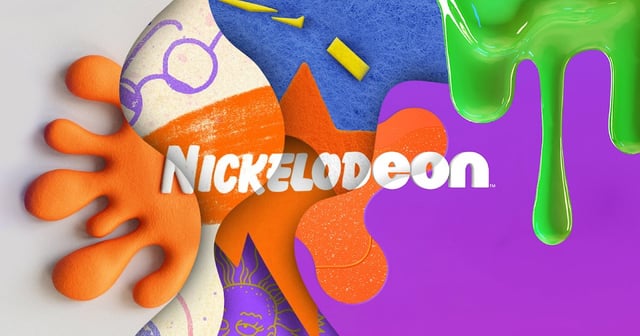|
The landscape of television is undergoing a seismic shift, with streaming services increasingly dominating the entertainment industry. This transformation is forcing media conglomerates to re-evaluate their strategies, and for Paramount, this means a potential downplaying, or even outright disposal, of cable networks and brands like Nickelodeon, MTV, Comedy Central and BET. According to a recent report from The Hollywood Reporter, these networks are “simply not as high a priority” for the incoming Skydance regime following the anticipated merger with Paramount. This news raises serious questions about the future of these channels, which have played a significant role in shaping pop culture over the past few decades. The report suggests that CBS is the only television asset considered completely safe under the new leadership. Incoming company president Jeff Shell has previously referred to CBS as a “crown jewel,” indicating its central importance to the merged entity. This prioritization of CBS comes at the expense of other networks within the Paramount portfolio. Per the THR: Incoming president Jeff Shell told reporters over the summer that he views CBS as a “crown jewel” asset, albeit one where they will “manage it a bit more aggressively for cash flow.” And they laid out a vision to make Paramount+ a dominant player in streaming, perhaps via a tie-up with another player. But the legacy Viacom cable channels like MTV, Comedy Central, Nickelodeon and BET are simply not as high a priority. The company is likely to consolidate its TV networks after the deal is complete, and would consider spinning its cable channels off or selling them, with only CBS off the table completely The signs of this shift have been evident for some time. Paramount has reportedly entertained numerous bids for BET, including offers from prominent figures like Tyler Perry and media mogul Byron Allen. This willingness to consider selling BET demonstrates a clear shift in priorities away from these formerly key cable assets. Perhaps the most alarming indicator of this deprioritization was the recent wiping of digital archives for networks like MTV News and Comedy Central as well as the removal of a raft library Nickelodeon programming from Paramount+. For the former, this erasure of digital history suggests a lack of commitment to preserving the legacy of these channels, further fueling speculation about their future. The current strategy of bringing established sitcoms like Friends and The Big Bang Theory to MTV (and Nick@Nite) raises further questions. This move suggests a reliance on established, syndicated content rather than investment in original programming, potentially signaling a decline in the network’s focus on creating new, cutting-edge content. This is a far cry from MTV’s earlier days as a trendsetting music and youth culture channel. The Hollywood Reporter cites a December 19 Bank of America research report from Jessica Reif Ehrlich, which predicts a trend of media companies divesting their cable TV network assets. The report suggests these assets would be “better positioned as a consolidated, linear-focused vehicle with scale benefits that can drive affiliate and advertising negotiation as well as synergies.” This analysis points towards a potential consolidation of remaining cable networks as a way to maintain some level of competitiveness against the streaming giants. The potential decline of MTV and Comedy Central raises broader questions about the future of cable television as a whole. As streaming continues to gain momentum, traditional cable networks are facing an existential crisis. The convenience and on-demand nature of streaming have proven highly attractive to viewers, leading to widespread cord-cutting. Whether these legacy networks and brands can survive independently or face extinction remains to be seen. However, the winds are clearly blowing in the direction of streaming, and media conglomerates are adapting accordingly. The anticipated Skydance and Paramount merger is likely to accelerate this trend, potentially marking the beginning of the end for some of television’s most iconic cable brands. The focus on “synergies,” as mentioned in the Bank of America report, suggests that any remaining cable assets may be bundled together or sold off as a single entity, further diminishing their individual prominence in the media landscape. submitted by /u/TheLaraSuChronicles |
Nickelodeon, MTV, Comedy Central, and BET Are No Longer a Priority For Paramount


